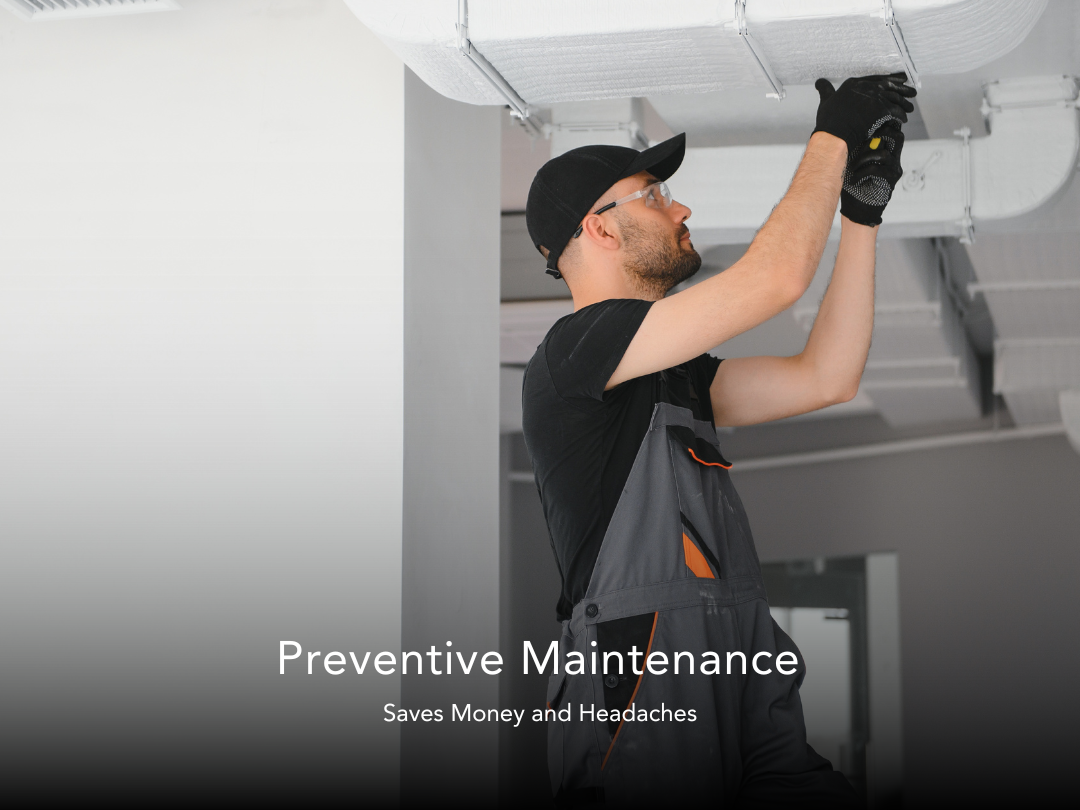When you think of home renovations, the risk of scam artists looking to make a profit by exploiting unwitting homeowners likely isn’t what first comes to mind. Unfortunately in the world we live in, there are all kinds of scams out there — even ones that target folks looking to remodel.
So before you seek out or accept any contracting work for home renovations, be wary of the ways con artists might try to take advantage of you.
With these strategies, you can best avoid any home renovation scams.
1. Don’t Pay Upfront in Full
If your contractor demands to be paid in full before a job has even begun, find a new contractor. This isn't the norm and it almost always means something's wrong about who you're working with.
If you give a contractor full payment for the work that hasn't finished, you're setting yourself up for an uncomfortable situation. If the contractor isn't on the level or a disagreement leads to unfinished work, you could be out your hard-earned renovation money.
Of course, a down payment is expected for any contractor to begin a renovation project. Usually, this down payment isn't more than one-third of the total quoted value, with payment milestones as the contractor completes various tasks.
Ideally, you want to hold a portion of the payment until you're sure that you're satisfied with the job.
2. Research Who You’re Working With
That brings us to our second point. You need to be confident that you're working with a contractor and laborers you know what they're doing and aren't trying to scam you.
A good place to start is by consulting the Better Business Bureau and the Department of Consumer Protection. Additionally, local contractor licensing boards can allow you to research specific contractors.
Read client reviews and comments online, take your time to verify credentials, and don't be fooled by smooth-talking individuals. Another good idea is to take a look at the contractor’s truck during your meeting. If it has an out-of-state license plate or is unmarked, then it’s probably best to find somebody else.
3. Be Extra Cautious of Anyone Who Comes to You
As an extra precaution during your search for extra help, you want to avoid anyone that knocks on your door without first being contacted by you. One common scam the befalls would-be home renovators is when a laborer comes to their door claiming they just happen to have the materials and know-how to complete a remodeling project.
These scams are usually directed towards repairs on the exterior of the home. This is because these are easily spotted areas of improvement that a con artist can use to try to convince you to pay for a job. Maybe they'll even do the work, but who knows where the material came from.
If a contractor has the tools for a home upgrade lying around, there's a good chance they were paid for by a previous client and may even be stolen.
4. Don’t Fall for Extras
Then, don't fall for work that you're pretty sure you don't need. Some contractors will attempt to offer you deals for extra work so that they can attempt to show off your home to other clients as an example of what they can do.
However, a reliable contractor won't need to use an occupied home to show off their skills. You shouldn't have to pay extra for upgrades you don't need or want, and you should always be wary of deals that seemed too good to be true.
That brings us to our next point.
5. If It Seems Too Good to Be True, It Usually Is
There is a lot of truth to the statement that if something seems too good to be true it usually is. This covers everything from a would-be contractor and knocking on your door with a special offer to a great financing offer from a lender referred to by someone hoping to work on your home.
After all, home renovation is a business. It should be mutually beneficial for everyone involved, So if you feel like you're getting too much of a good deal, you probably aren't. There could be a clause in the contract or misleading language that leads you to sign up for high-interest home equity loans or even transfer the deed to your home.
Thoroughly review every legal document, and consult legal help to ensure that your deals are on the level.
By following these tips, you can avoid common scams that occur to people just looking for a home upgrade. Be wary, and always do your research. By going with reputable, experienced companies and contractors for help, you can best ensure but you're not being taken advantage of.
For more information on real estate investment and property management contact 208.properties or find us on social media.













